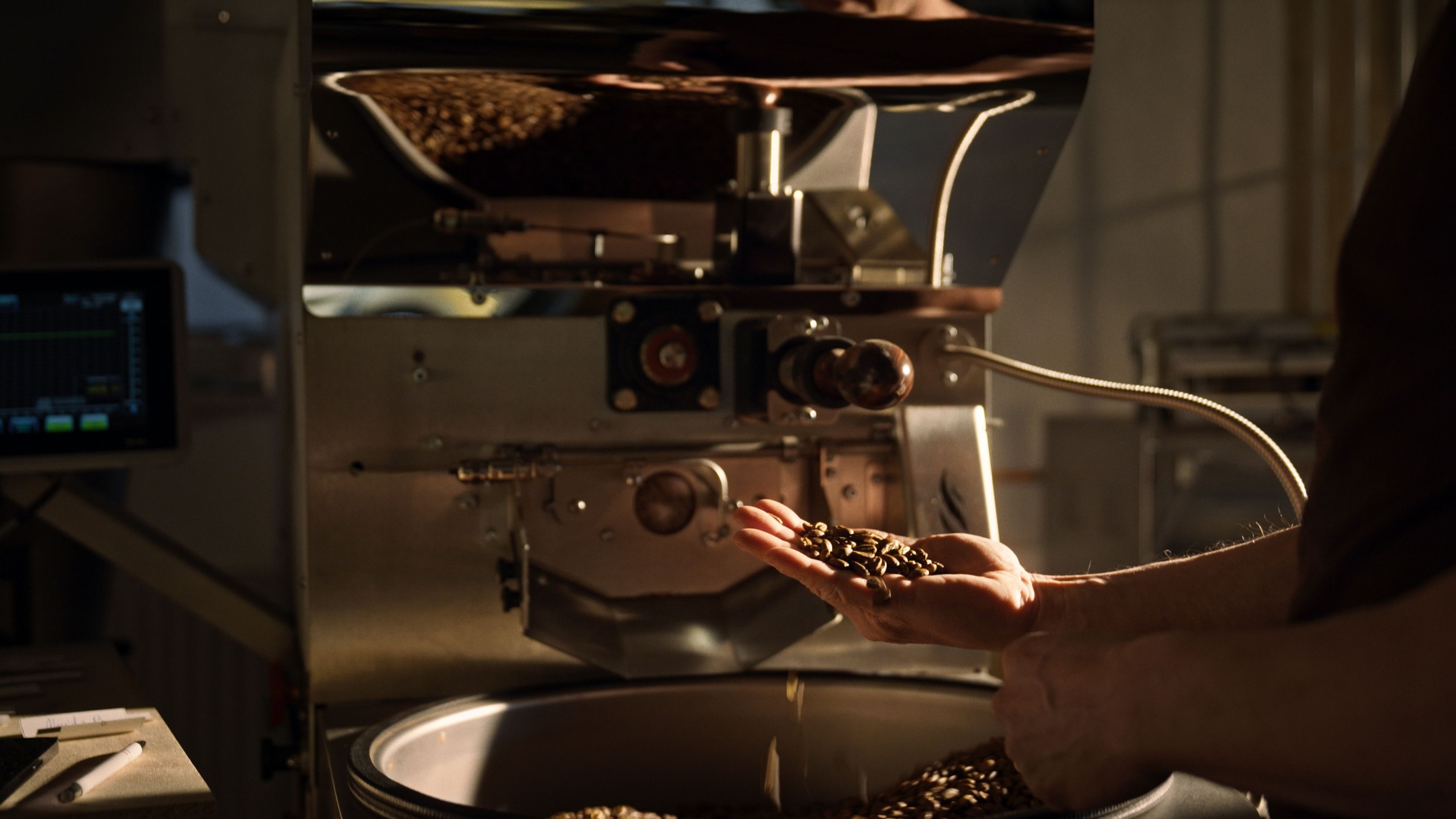Coffee and Dehydration: Can Coffee Cause Dehydration?
Last updated: November 2025
Coffee is one of the world’s most beloved drinks — yet the question remains: Does coffee dehydrate you? Many assume that caffeine’s diuretic effect leads to dehydration, but modern research shows a more nuanced picture. This article explores the connection between coffee and hydration, including whether decaf coffee dehydrates you, how caffeine influences fluid balance, and the best ways to hydrate fast throughout your day.
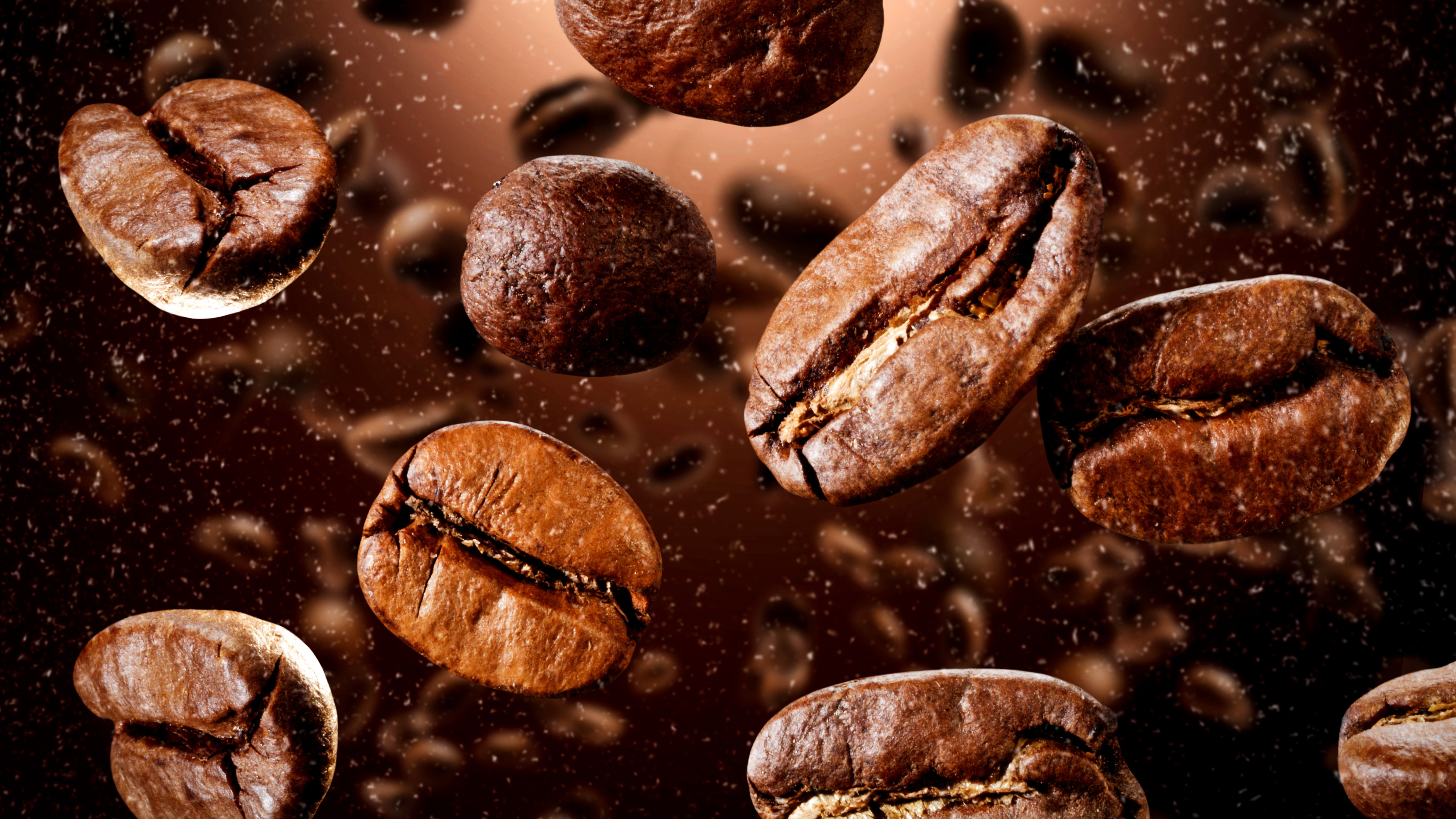
Does Coffee Dehydrate You?
Caffeine is mildly diuretic — it increases urine output. But that doesn’t automatically mean your morning brew leaves you dehydrated.
- Coffee is mostly water. Over 95 percent of your cup is water, contributing to overall hydration.
- Tolerance develops. Regular coffee drinkers adapt to caffeine, greatly reducing its diuretic impact.
- Studies confirm hydration parity. Research in PLOS ONE and the Cleveland Clinic Journal shows that up to four cups of coffee daily hydrate the body as effectively as water.
- Moderation matters. Only extreme intake (five or more large cups daily) may increase dehydration risk.
Bottom line: Moderate coffee consumption does not dehydrate you — it can even count toward your daily fluid intake.
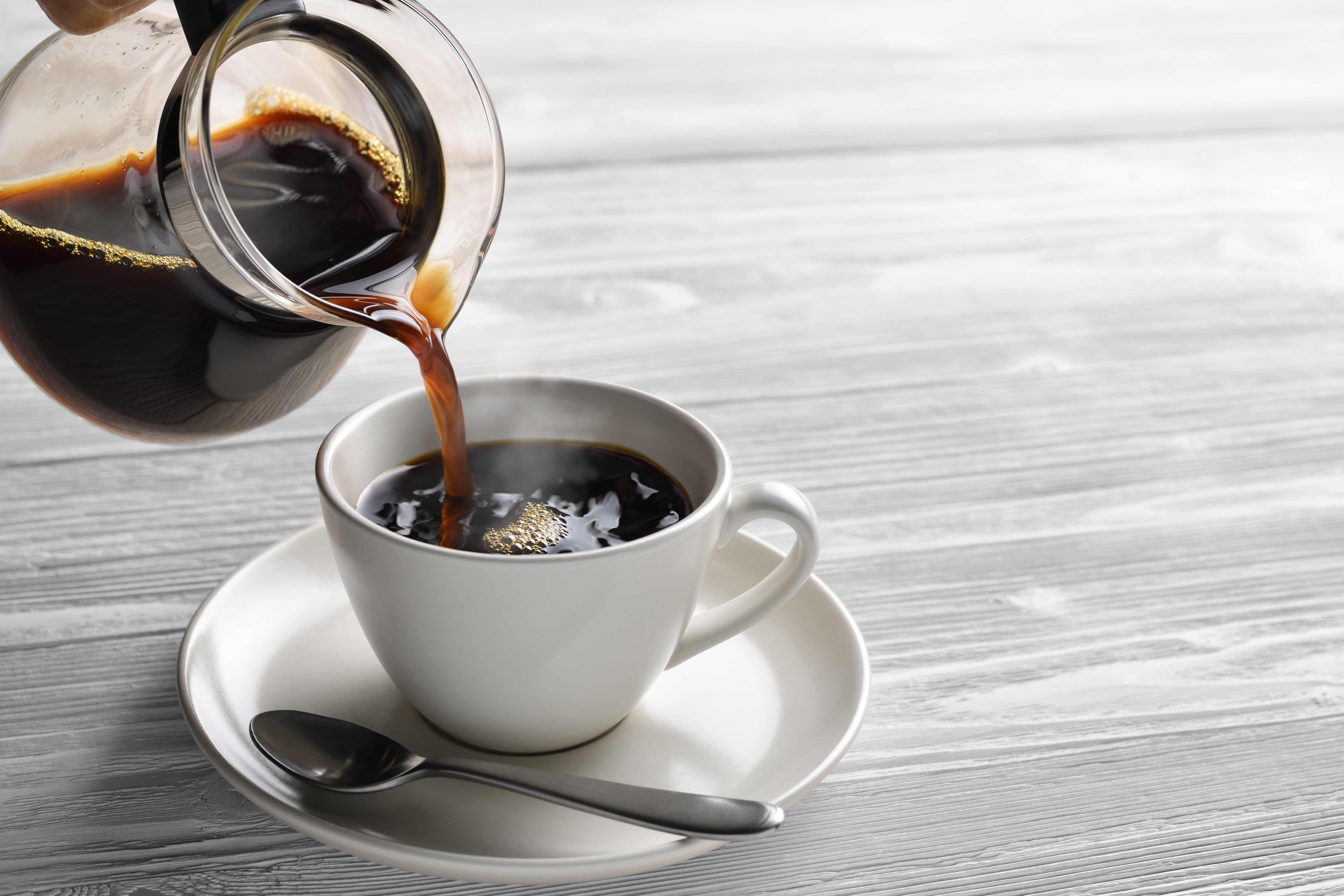
Caffeine, Dehydration, and Your Body
Although coffee isn’t inherently dehydrating, over-consumption of caffeine without enough water can create symptoms of mild dehydration, such as:
- Headache from dehydration or a dull, persistent headache
- Dry lips and skin from low moisture levels
- Puffy or sunken eyes due to dehydration or fluid imbalance
- Fatigue, dizziness, or increased heart rate
- Dehydration blood pressure, sometimes causing high blood pressure, dehydration symptoms
Hydration tip: For every cup of coffee, drink one glass of water to maintain balance — ideally purified, mineral-balanced water for optimal absorption.
Does Dehydration Cause Headaches?
Yes — dehydration reduces blood volume and oxygen flow to the brain, triggering a dehydration headache or migraine.
What does a dehydration headache feel like?
It often feels like a dull, throbbing ache across the temples, forehead, or back of the head — and worsens when you move, bend over, or are physically active.
How long does a dehydration headache last?
It can last anywhere from 30 minutes to several hours, depending on how quickly you rehydrate.
To prevent this, hydrate fast when you notice early signs: dry mouth, thirst, or lightheadedness.
Tip: If you feel a headache coming on, drink water first before reaching for another coffee.
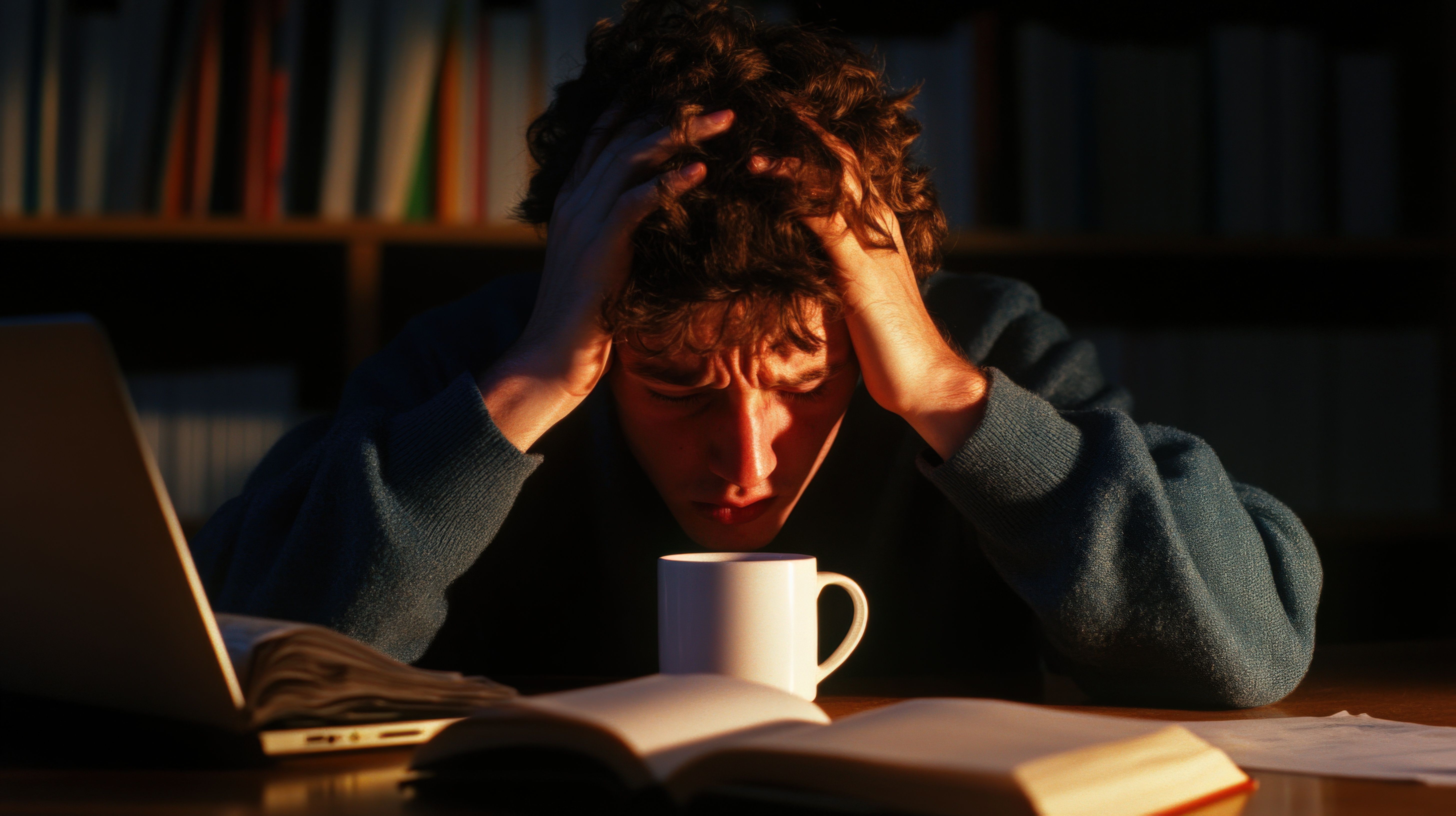
Dehydration and Blood Pressure
Many people ask, “Can dehydration cause high blood pressure?” or “Does dehydration cause low blood pressure?”
Both can happen, depending on severity:
- When mildly dehydrated, your body releases vasopressin, narrowing blood vessels and raising blood pressure temporarily.
- Severe dehydration, however, can lower blood pressure, leading to dizziness and fainting.
Maintaining fluid balance supports healthy circulation and heart function. Drinking mineral-rich purified water — such as that produced by Bluewater systems — helps keep electrolytes stable and prevents extreme fluctuations in dehydration and blood pressure.
Does Coffee Cause Muscle Cramps?
Not directly. But dehydration — from any cause — can trigger cramps or muscle fatigue. Caffeine’s mild diuretic effect, when combined with poor hydration, may increase the risk.
Solution: Pair every cup with water and consider hydrating drinks that include electrolytes, especially after workouts or in hot weather.
Coffee, Dehydration, and Anxiety
Interestingly, dehydration and caffeine both influence mood. When dehydrated, the body releases stress hormones like cortisol — amplifying anxiety or jitteriness from caffeine. Staying hydrated can help minimize these side effects and promote calm focus, even after your third espresso.
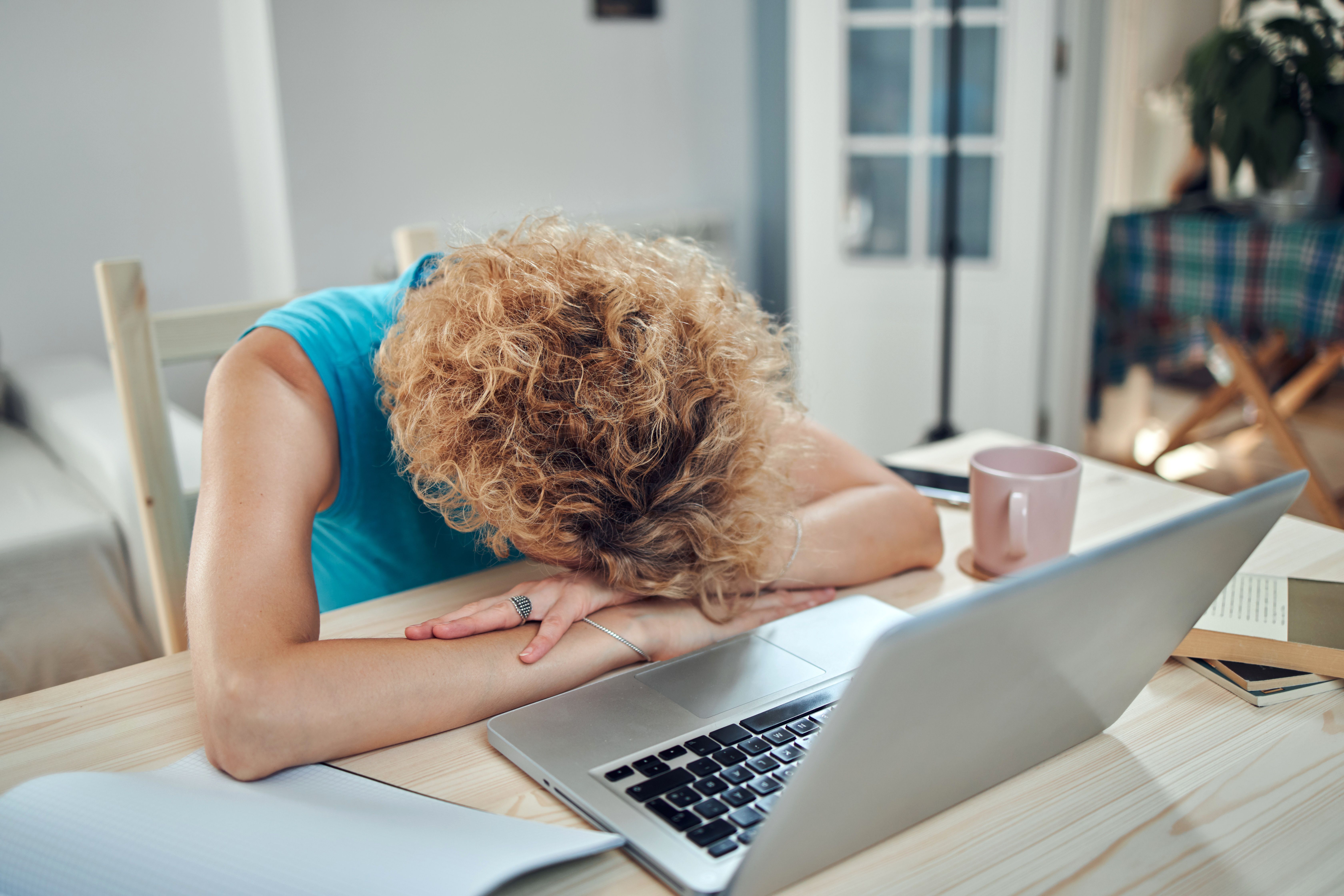
How to Hydrate Fast and Stay Balanced
Knowing how to treat dehydration is essential — especially for regular coffee drinkers.
Here’s how to hydrate quickly and effectively:
- Drink water with electrolytes. This is the fastest way to cure dehydration at home.
- Eat hydrating foods. Watermelon, cucumber, and oranges help you hydrate fast naturally.
- Use purified water. Unfiltered tap water may contain contaminants that interfere with absorption.
- Watch for dehydration signs in elderly adults or during pregnancy. These groups are more vulnerable to dehydration in pregnancy or age-related thirst loss.
- Limit alcohol. Dehydration of alcohol is real — it intensifies water loss and headaches.
Best way to hydrate: Combine clean, mineral-balanced water with balanced electrolyte intake and caffeine moderation.
Does Decaf Coffee Dehydrate You?
Decaf coffee contains minimal caffeine (about 2–7 mg per cup). Since the diuretic effect comes from caffeine, decaf coffee does not dehydrate you — it hydrates almost as effectively as water.
So whether you prefer espresso, latte, or decaf, your coffee habit isn’t sabotaging your hydration — as long as you’re mindful of total fluid intake.
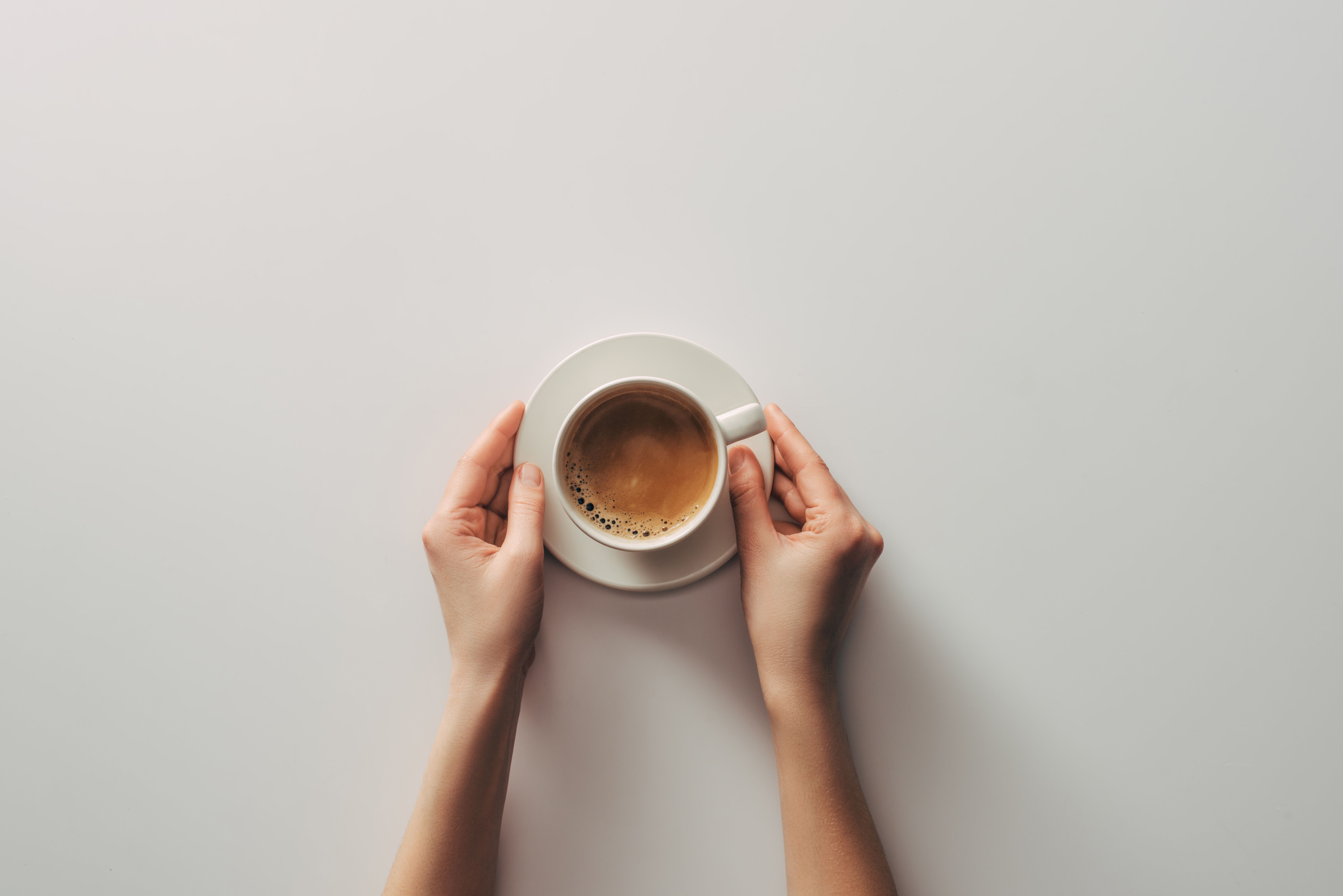
Why Water Quality Matters
Because coffee is 95 percent water, the quality of that water determines both flavour and hydration. Tap water with chlorine, heavy metals, or PFAS not only dulls taste but may hinder effective hydration.
The Bluewater Café Station 1™ uses SuperiorOsmosis™ to remove up to 99.7 percent of contaminants while restoring beneficial minerals — ensuring your coffee is brewed with water that both tastes better and supports hydration.
Why Choose Bluewater Café Station 1™?
- Removes microplastics and harmful contaminants
- Balances minerals for better taste and hydration
- Eliminates the need for bottled water
- Protects coffee machines from scale buildup
Enjoy coffee that hydrates — not hinders — your health.
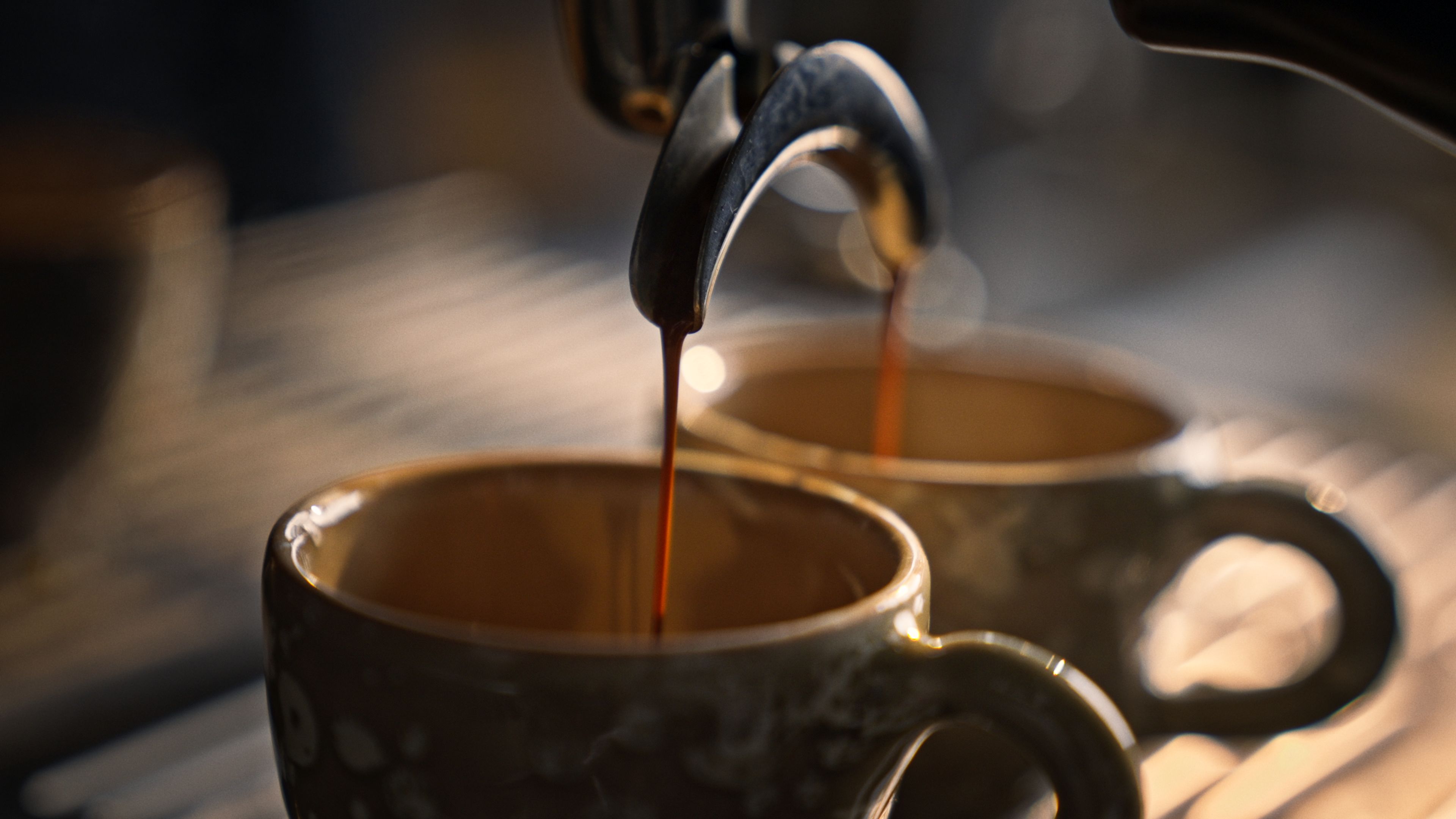
FAQ: Coffee & Hydration
Q: Does coffee dehydrate your body?
No. Moderate coffee intake contributes to daily hydration; only excessive caffeine can have a mild diuretic effect.
Q: Can dehydration cause headaches or migraines?
Yes. Dehydration headaches feel dull or throbbing and improve with fluids.
Q: What’s the fastest way to hydrate?
Drink electrolyte-rich fluids and purified water — it’s the quickest way to cure dehydration fast at home.
Q: Does decaf coffee dehydrate you?
No — it’s mostly water and caffeine-free, so it hydrates well.
Q: Can dehydration cause high blood pressure or chest pain?
Yes, dehydration can temporarily raise blood pressure and occasionally cause mild chest discomfort due to reduced blood volume.
Q: How to treat dehydration effectively?
Combine fluids, electrolytes, and rest. In moderate to severe cases, consult a healthcare professional.
Q: How long does it take to hydrate your body?
Mild dehydration begins improving within 30–60 minutes after water intake.
Conclusion
Coffee isn’t your hydration enemy — it’s about balance. With the right approach, you can enjoy every cup while keeping your body properly hydrated.
Drink clean, mineral-balanced water alongside your coffee. Use systems like the Bluewater Café Station 1™ to ensure every sip supports both taste and well-being.
Better coffee. Better hydration. Better you.
References
- PLOS ONE – No Evidence of Dehydration with Moderate Coffee Intake
- Cleveland Clinic — How Dehydration Affects Blood Pressure
- Harvard T.H. Chan School of Public Health – Coffee and Health
- Healthline – Dehydration and Blood Pressure
- Cleveland Clinic – Dehydration Headache
- WebMD – Can Dehydration Cause Migraines?
- Mayo Clinic — Do caffeinated drinks, such as coffee or energy drinks, hydrate you as well as water?
Author & Expertise
Written by Bluewater Group
Bluewater is a global leader in advanced water purification and hydration technology, delivering pure, mineral-balanced water for homes, cafés, offices, and hospitality venues worldwide.
